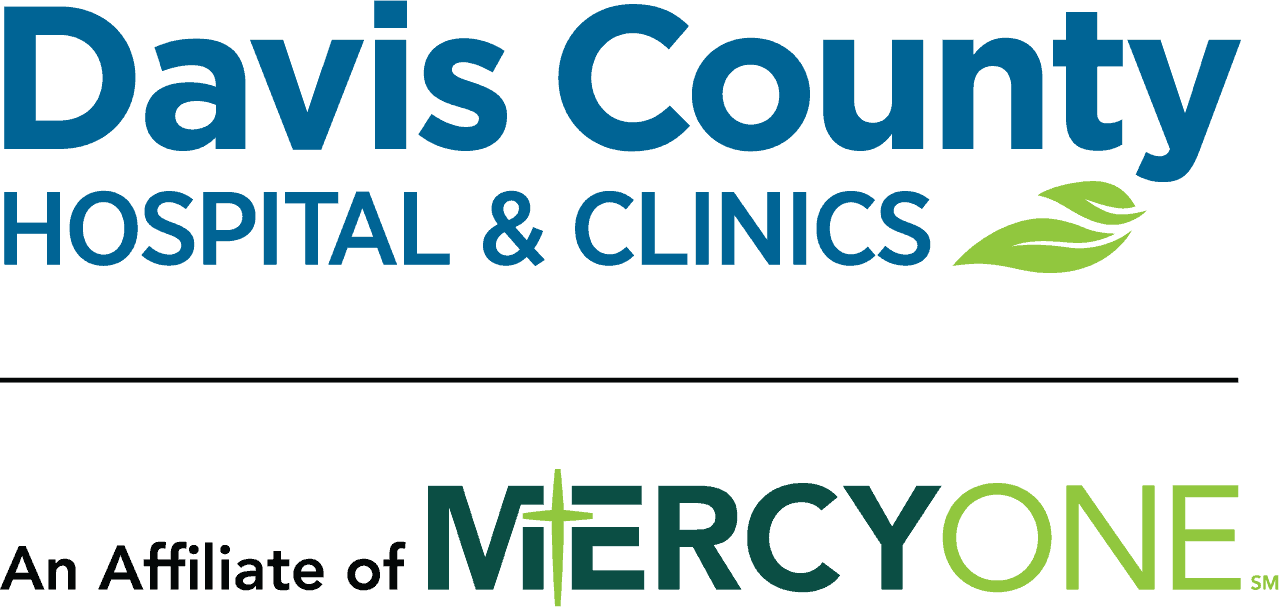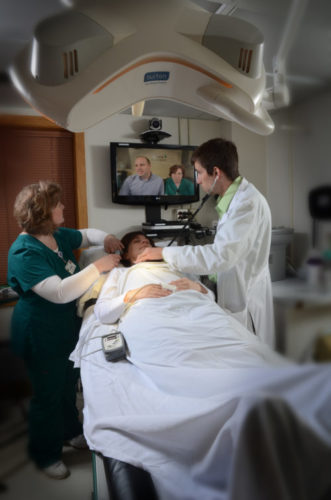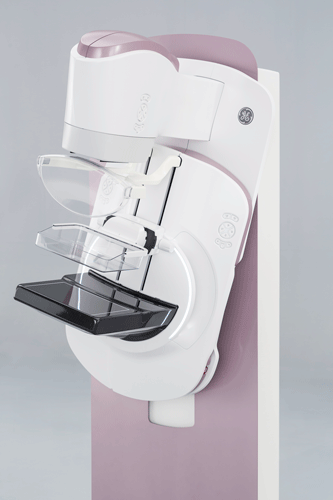Davis County Continues to Monitor Whooping Cough Outbreak
PRESS RELEASE
June 28, 2019
Davis County Continues to Monitor Whooping Cough Outbreak
Bloomfield, IA – The Davis County Public Health Department continues to monitor and track cases of whooping cough, also known as pertussis. Pertussis is a very contagious disease caused by a bacterium. Although it can be prevented through vaccination, pertussis is one of the most commonly occurring diseases in the U.S. The disease begins like a common cold, with runny nose or congestion, and maybe a mild cough or fever. After one to two weeks, however, pertussis can evolve into a series of coughing fits that continue for weeks.
“Adults often have a milder version of pertussis, and don’t realize they are spreading the disease – this can have serious and even deadly consequences if a child who is too young to be vaccinated, or is not properly vaccinated is infected,” said Davis County Public Health Director Lynn Fellinger. “Pertussis can also result in serious consequences for adults with underlying lung conditions, like asthma. This is why pregnant women (during each pregnancy) should receive a pertussis vaccination to protect their newborn, and why teenagers and adults (especially those who are around infants) should check with their health care provider to ensure their vaccinations, including those for pertussis, are up-to-date.”
The most common symptoms of pertussis in children are fits of coughing, followed by vomiting, a ‘whooping’ sound as air is inhaled, and difficulty sleeping. In adults, however, only a lingering cough that can last months is often seen. This is why many adults do not realize they have pertussis. While treatment with antibiotics will prevent an individual from spreading the disease further after being diagnosed with pertussis, the cough may continue to last for weeks.
Davis County residents who believe they or a family member may have pertussis should contact their health care provider. Individuals who believe they may have been in contact with someone with whooping cough can contact the Davis County Public Health Department at 641-664-3629 for additional guidance.
###



